Polycystic Kidney Disease Clinical Trials
Polycystic kidney disease clinical trials. Plasma metabolites and lipids associate with kidney function and kidney volume in hypertensive ADPKD patients early in the disease course. This is a Phase 3 trial consisting of a 2-arm double-blind placebo-controlled randomized phase Part 1 followed by a single-arm open-label phase Part 2 to demonstrate the efficacy and safety of lixivaptan in participants with autosomal dominant polycystic kidney disease ADPKD. Patients with mild autosomal dominant polycystic kidney disease ADPKD are less likely to be informative in randomized clinical trials RCTs.
Before a new medicine therapy or method of preventing or diagnosing a disease can be approved for human use it first must be tested by researchers for many years. It can lead to kidney failure which can lead to death. Kim K Trott JF Gao G Chapman A Weiss RH.
The ability of unstandardized methods to track kidney growth in clinical trials for autosomal dominant polycystic kidney disease ADPKD has not been critically evaluated. Clinical Trials Nct Page A Study of RGLS4326 in Patients With Autosomal Dominant Polycystic Kidney Disease A Phase 1b Multicenter Open-Label Adaptive Design Study to Evaluate the Safety Tolerability Pharmacokinetics and Pharmacodynamics of RGLS4326 Administered Via SC Injection to Patients With Autosomal Dominant Polycystic Kidney Disease. Autosomal dominant polycystic kidney disease ADPKD is the most common hereditary kidney disease and is associated with concerning long-term implications for kidney function and.
We previously developed an imaging classification of ADPKD typical diffuse cyst distribution Class 1A. The Tolvaptan Efficacy and Safety Management of ADPKD and its Outcomes TEMPO 34 study involved baseline and annual magnetic resonance follow-up imaging yearly for 3 years. PKD causes the development of kidney cysts fluid-filled balloons which cause worsening kidney function.
Polycystic kidney disease PKD is a genetic disease that causes cysts to develop in kidney. These cysts are filled with fluid and lead to enlargement of kidney and subsequent loss of its functioning which eventually causes kidney failure. The disease is of two types.
Polycystic Kidney Disease PKD is a genetic disease that affects about 1 in 500 people worldwide. Among methods used to manage these patients removal of the nerve supply to the kidney by Videothoracoscopic excision of Splanchnic nerve videothoracoscopic splanchnicectomy - VSPL is one of the most promising procedures. The PROPKD score has been proposed to stratify the risk of progression to end-stage renal disease in autosomal dominant polycystic kidney disease ADPKD subjects.
The product is tested in a laboratory and eventually makes its way to being tested in humans during clinical trials. Yu Mireille El-Ters and Franz T.
Clinical trials for Polycystic Kidney Disease are underway around the world to evaluate potential new treatments.
Patients with mild autosomal dominant polycystic kidney disease ADPKD are less likely to be informative in randomized clinical trials RCTs. Actual Study Completion Date. Among methods used to manage these patients removal of the nerve supply to the kidney by Videothoracoscopic excision of Splanchnic nerve videothoracoscopic splanchnicectomy - VSPL is one of the most promising procedures. Actual Study Start Date. Chapter 6Clinical Trials in Autosomal Dominant Polycystic Kidney Disease Alan SL. Subjects with autosomal dominant polycystic kidney disease ADPKD who were taking tolvaptan experienced aminotransferase elevations more frequently than those on placebo in the TEMPO 34 Tolvaptan Efficacy and Safety in Management of Autosomal Dominant Polycystic Kidney Disease and its Outcomes clinical trial. Design and implementation HALT PKD will evaluate potential benefits of rigorous BP control and inhibition of the renin-angiotensin-aldosterone system on kidney disease progression in ADPKD. Some patients with autosomal dominant polycystic kidney disease ADPKD have intractable disabling chronic kidney pain. These cysts are filled with fluid and lead to enlargement of kidney and subsequent loss of its functioning which eventually causes kidney failure.
Actual Study Start Date. Visit the Australian New Zealand Clinical Trial Registry to find out more about clinical trials that are happening here in Australia. PKD causes the development of kidney cysts fluid-filled balloons which cause worsening kidney function. Polycystic Kidney Disease PKD is a genetic disease that affects about 1 in 500 people worldwide. The Tolvaptan Efficacy and Safety Management of ADPKD and its Outcomes TEMPO 34 study involved baseline and annual magnetic resonance follow-up imaging yearly for 3 years. Some patients with autosomal dominant polycystic kidney disease ADPKD have intractable disabling chronic kidney pain. The ability of unstandardized methods to track kidney growth in clinical trials for autosomal dominant polycystic kidney disease ADPKD has not been critically evaluated.






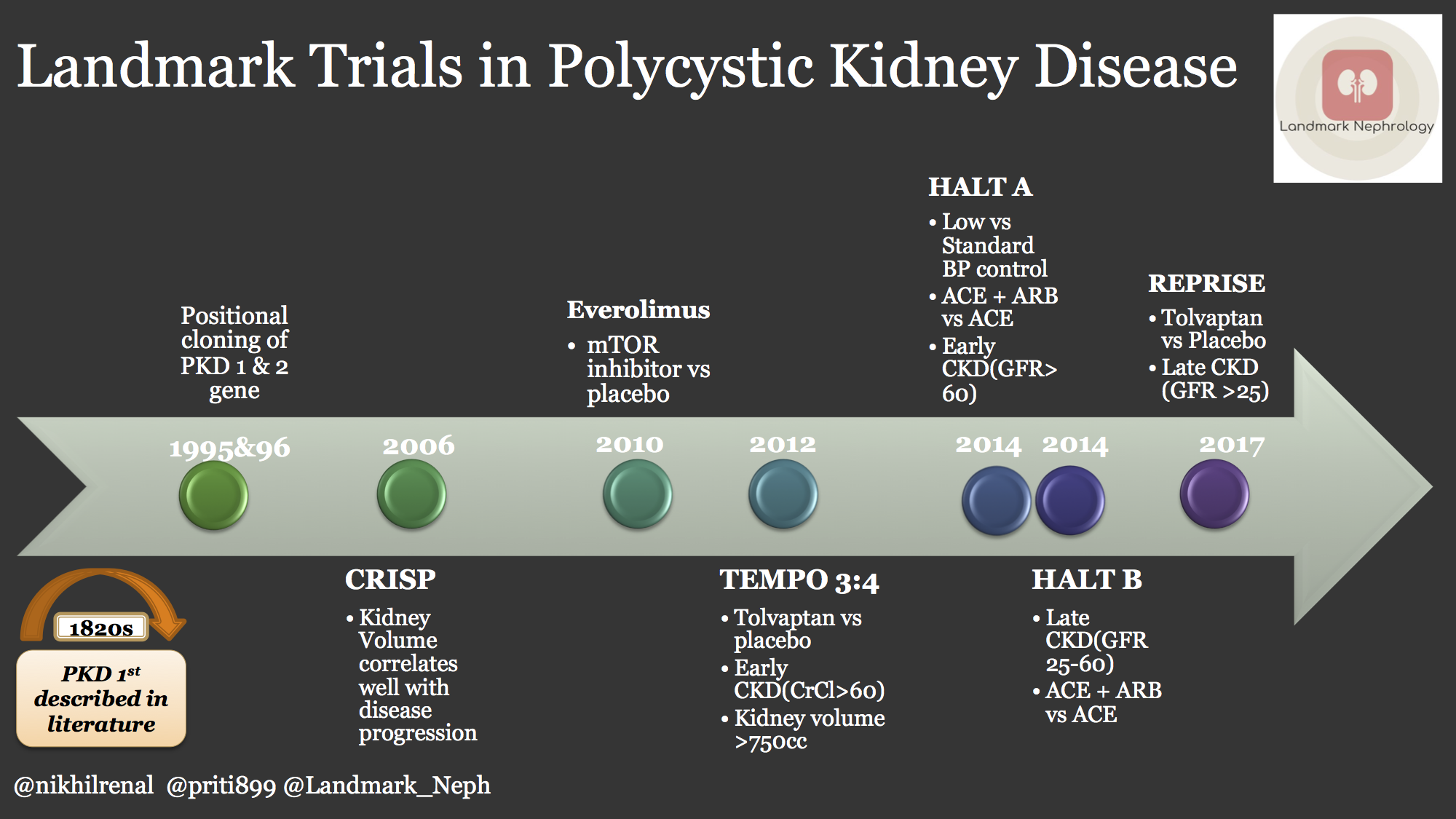









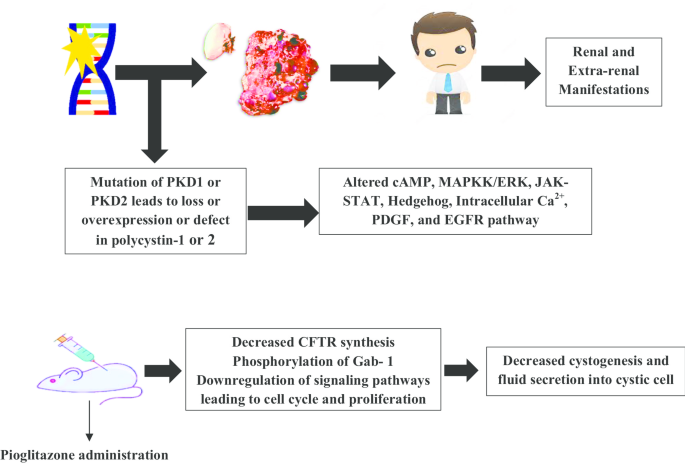







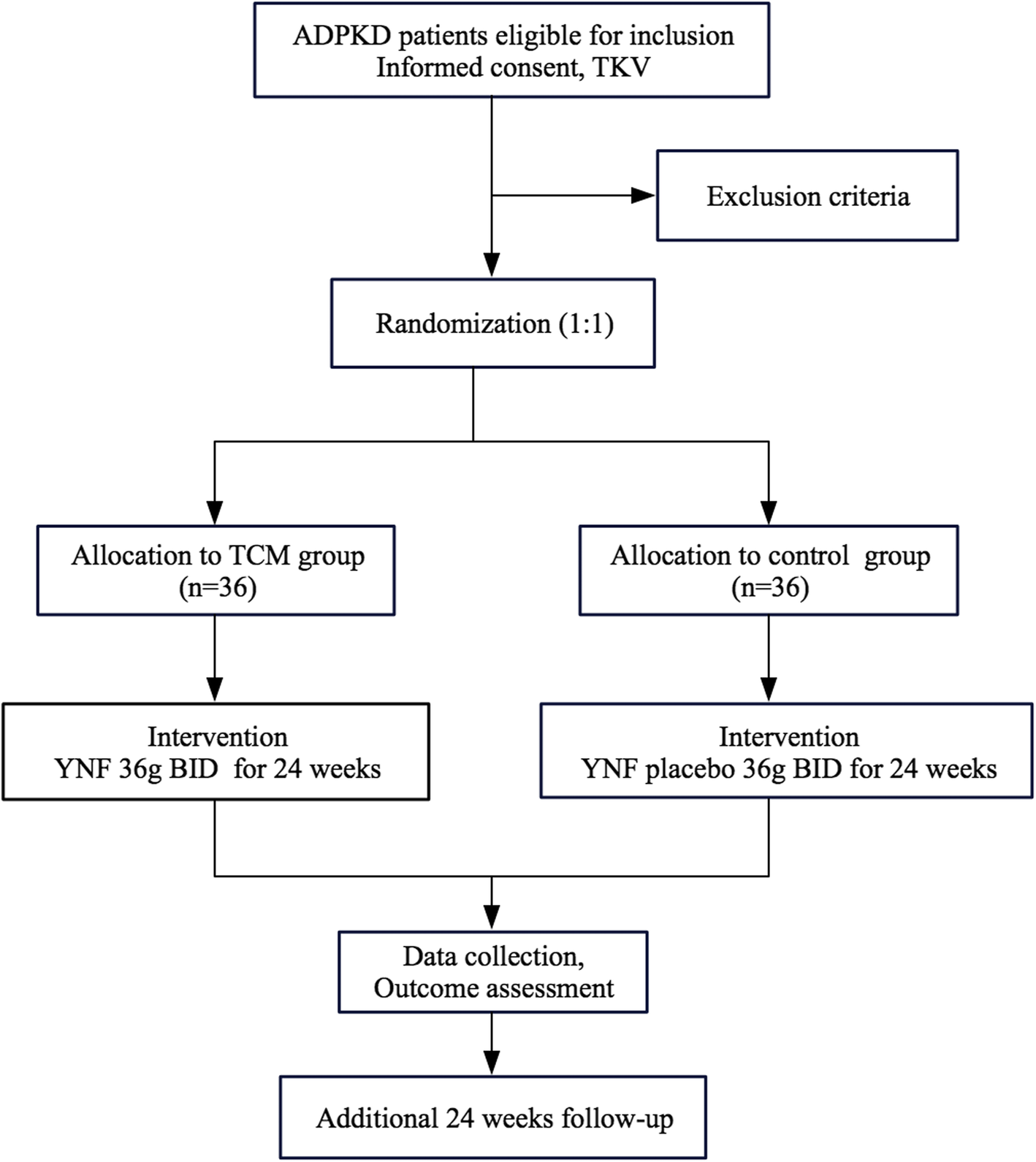


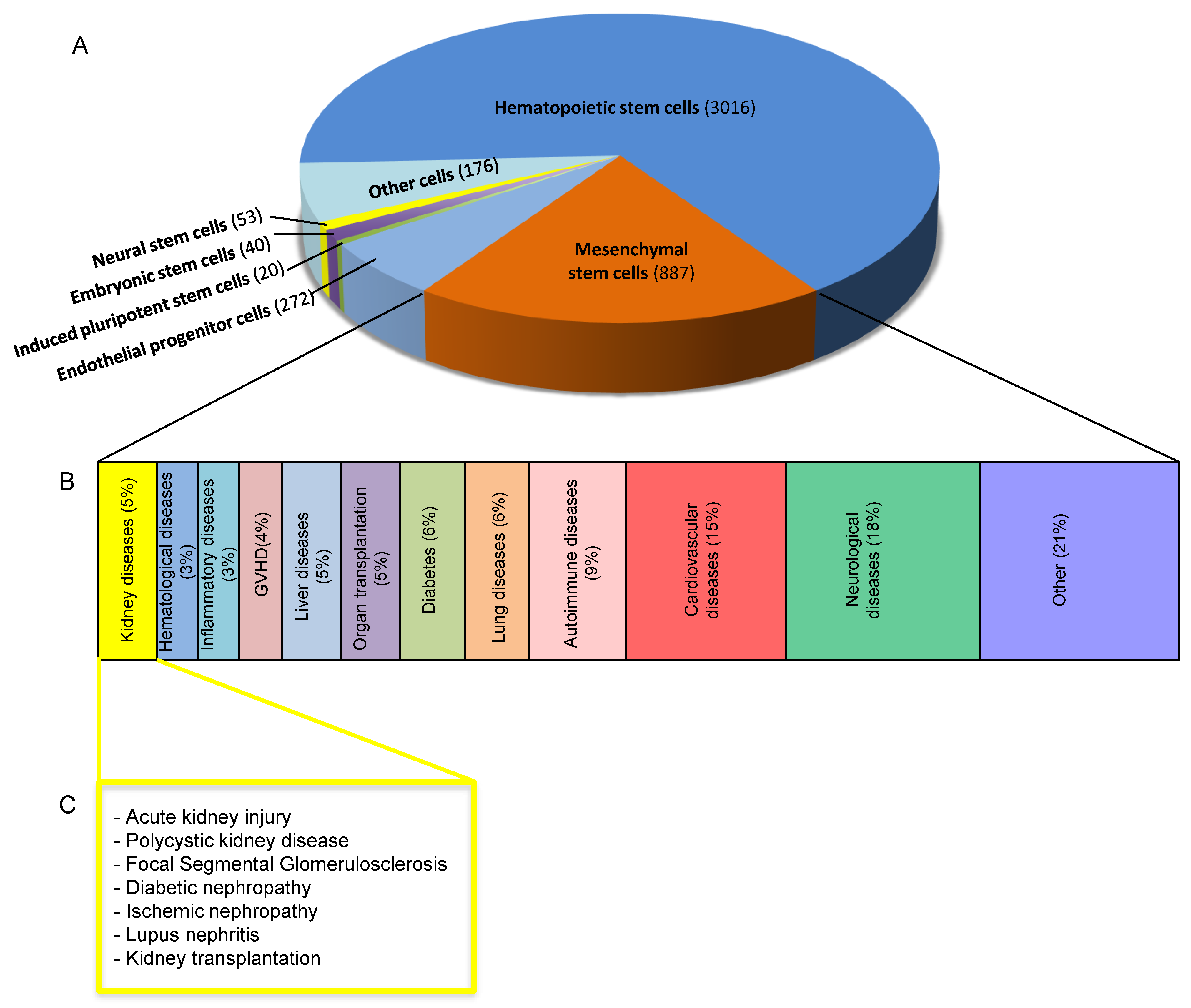

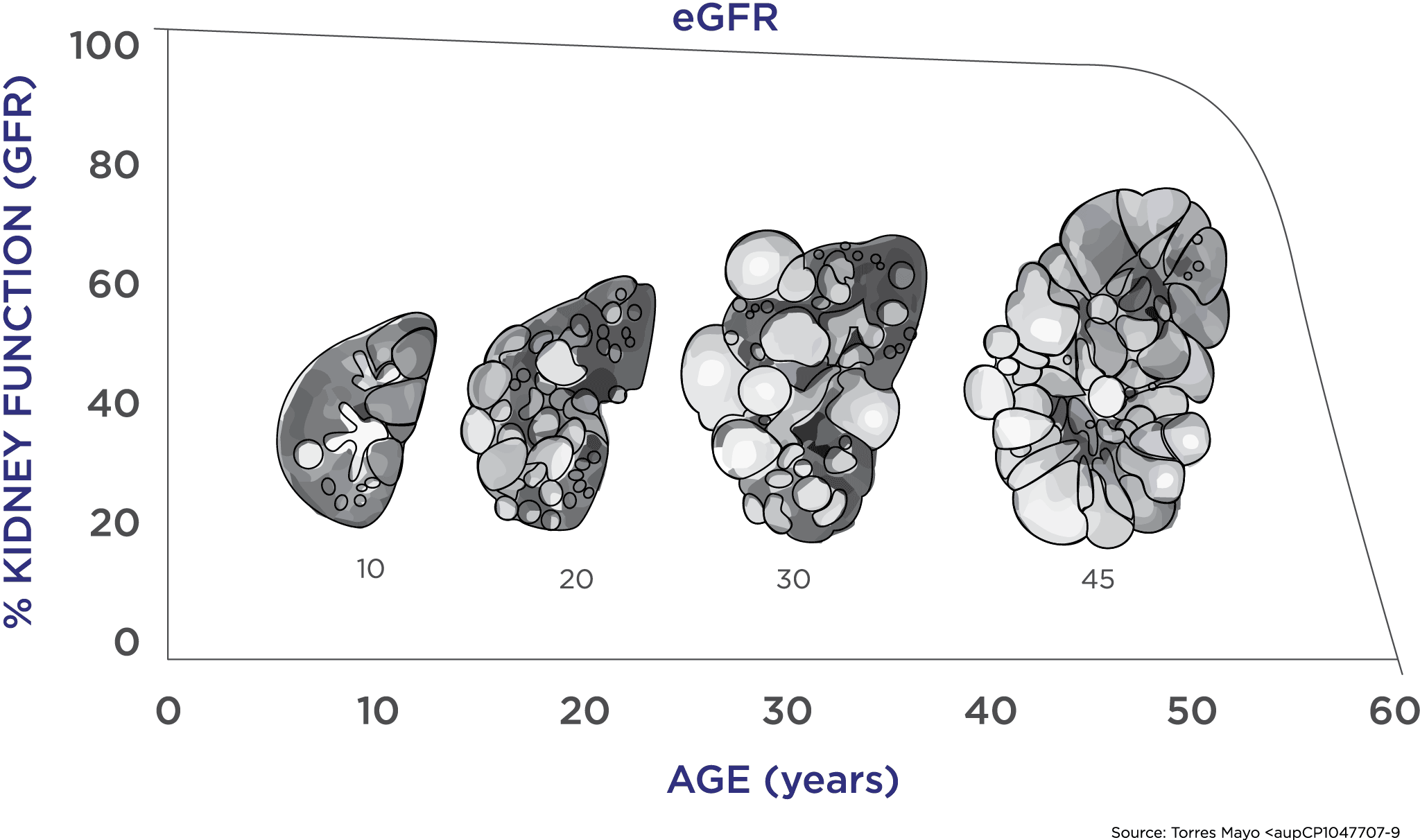
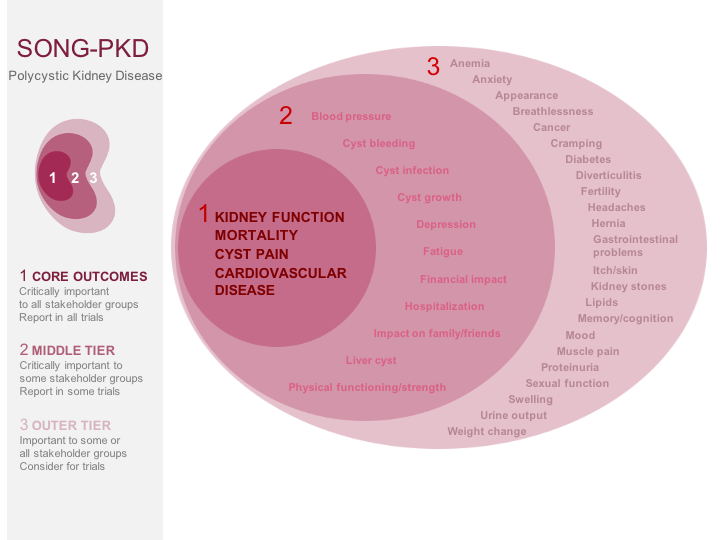







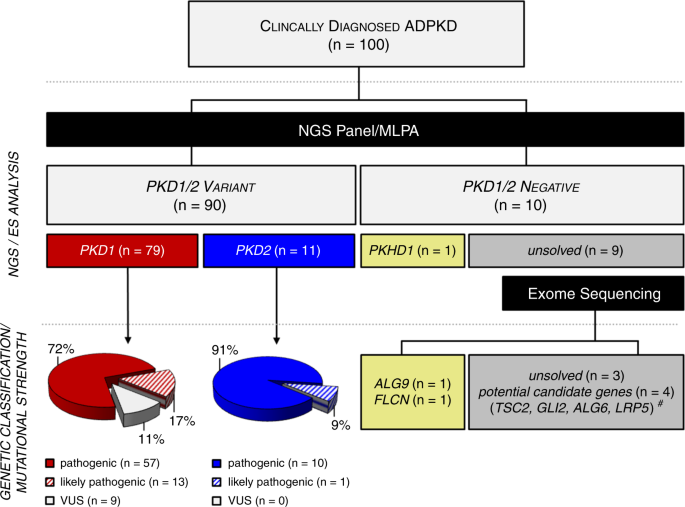





Posting Komentar untuk "Polycystic Kidney Disease Clinical Trials"